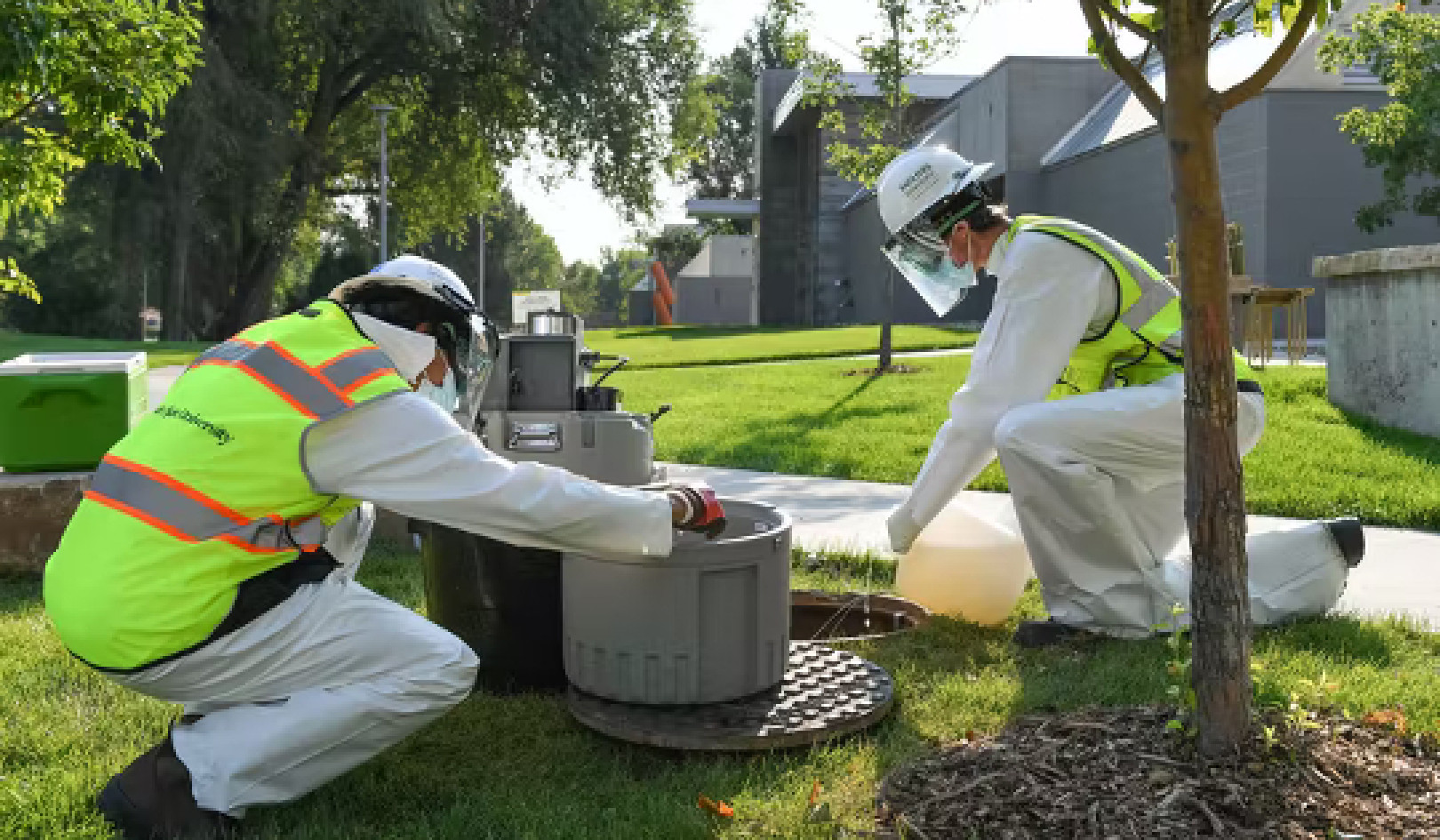{youtube}1d8V51TjEvg{/youtube}
New research finds an association between drinking artificially sweetened beverages and a significantly lower risk of colon cancer recurrence and cancer death.
“Artificially sweetened drinks have a checkered reputation in the public because of purported health risks that have never really been documented,” says senior author Charles S. Fuchs, director of the Yale University Cancer Center. “Our study clearly shows they help avoid cancer recurrence and death in patients who have been treated for advanced colon cancer, and that is an exciting finding.”
“…in terms of colon cancer recurrence and survival, use of artificially sweetened drinks is not a health risk, but is, in this study, a healthier choice.”
Fuchs and his team of researchers found that in the 1,018-patient analysis, those participants who drank one or more 12-ounce serving of artificially sweetened beverages per day experienced a 46 percent improvement in risk of cancer recurrence or death, compared to those who didn’t drink these beverages. Researchers defined these soft drinks as caffeinated colas, caffeine-free colas, and other carbonated beverages (such as diet ginger ale).
A second analysis found that about half that benefit was due to substituting an artificially sweetened beverage for a beverage sweetened with sugar.
“While the association between lower colon cancer recurrence and death was somewhat stronger than we suspected, the finding fits in with all that we know about colon cancer risk in general,” Fuchs says. “Factors such as obesity, sedentary lifestyle, a diet linked to diabetes—all of which lead to an excess energy balance—are known risk factors. We now find that, in terms of colon cancer recurrence and survival, use of artificially sweetened drinks is not a health risk, but is, in this study, a healthier choice.”
“…after cancer has developed and advanced, would a change in lifestyle—drinking artificially sweetened beverages—change the outcome of the cancer post-surgery?”
This research follows on the heels of a number of studies that prospectively followed stage III colon cancer patients enrolled in a National Cancer Institute-supported clinical trial testing two different forms of postsurgical chemotherapy.
Participants completed comprehensive nutrition questionnaires probing consumption of more than 130 different foods and drinks over the span of many months. One questionnaire took place as patients underwent chemotherapy between 1999 and 2001, and then again six months after chemotherapy ended. Investigators then tracked cancer recurrence and patient death rates for about seven years, and found, among other things, that the two chemotherapy regiments offered equitable benefits.
Researchers designed the studies, which were embedded as part of the overall clinical trial, to find associations between specific foods/drinks and colon cancer risk and death. They were not aiming to prove definitive cause and effects.
One study found that clinical trial participants who drank coffee had a substantially reduced risk of cancer recurrence and death. Another found a similar benefit in patients who ate tree nuts. This study looked at artificially sweetened beverages because an earlier study had concluded sweetened beverages dramatically increased risk of colon cancer development.
“We wanted to ask the question if, after cancer has developed and advanced, would a change in lifestyle—drinking artificially sweetened beverages—change the outcome of the cancer post-surgery?” Fuchs says.
He adds that the health impact of such soft drinks warrants study: “Concerns that artificial sweeteners may increase the incidence of obesity, diabetes, and cancer have been raised, but studies on issues such as weight gain and diabetes have been very mixed, and, regarding cancer, epidemiologic studies in humans have not demonstrated such relationships.”
The study appears in PLOS ONE. The National Cancer Institute of the National Institutes of Health supported the research in part. Pharmacia & Upjohn Company, now Pfizer Oncology, and the American Institute for Cancer Research provided additional support.
Non-federal sponsors did not participate in the design and conduct of the study; collection, management, analysis, and interpretation of the data; preparation, review, or approval of the manuscript, or decision to submit the manuscript for publication.
Source: Yale University
Related Books:
at InnerSelf Market and Amazon























